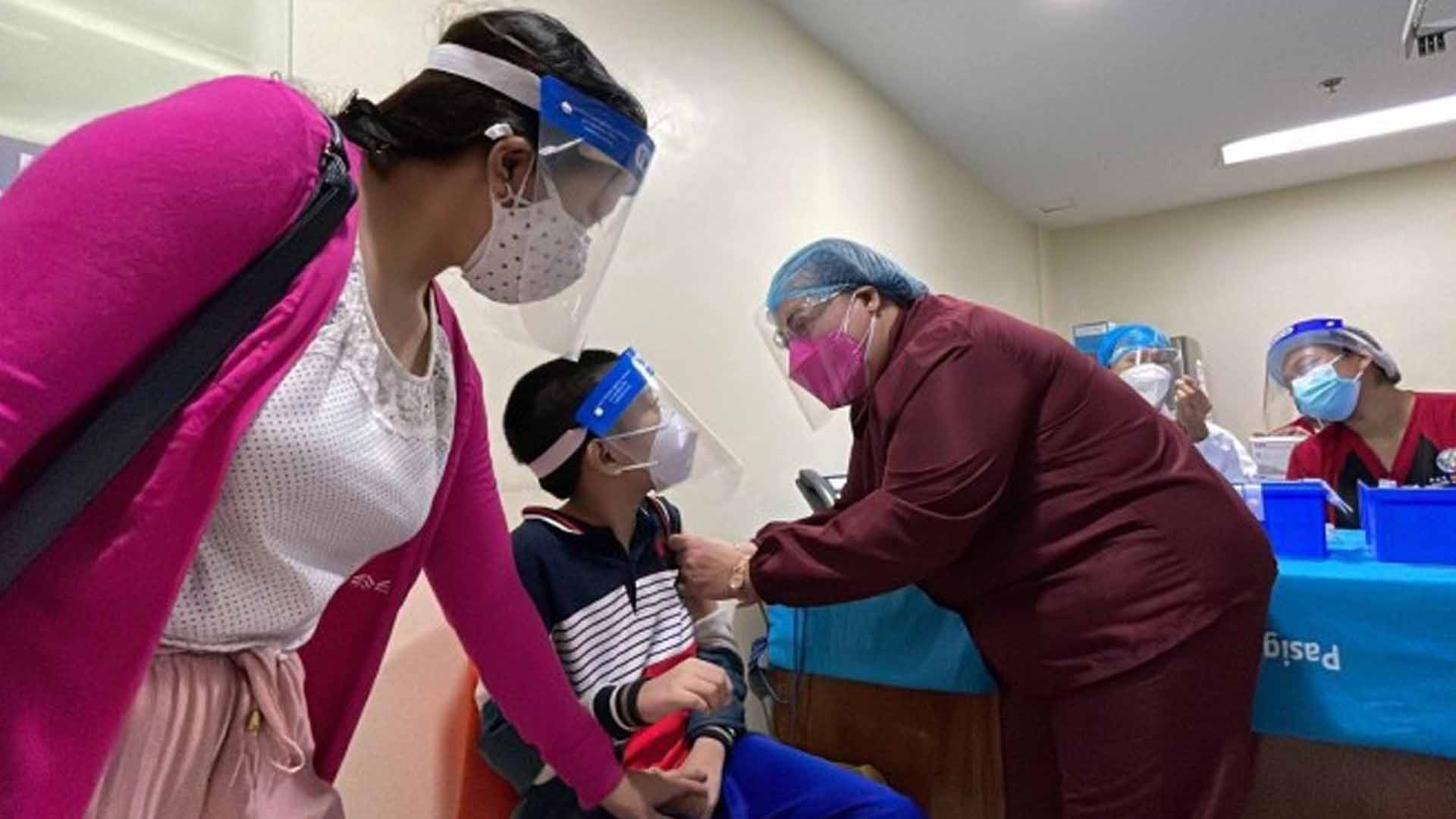A total of 1,509 children age 12 to 17 years old have been vaccinated against the coronavirus as of October 16, a health official reported Monday.
During an online media forum, Health Undersecretary Maria Rosario Vergeire said there were four adverse effects following immunization (AEFIs) recorded among those who were given the jabs.
“I would just like to caution all of you, I will give you the overview, the brief details, because it is not officially reported to the Food and Drug Administration. This is still being studied by our vaccination sites and our vaccine cluster,” she said.
Among those vaccinated, one had high blood pressure but went back to normal after two hours, and another had an allergic reaction that was eventually managed, Vergeire said.
Two other children had stress-related reactions.
Vergeire said the flow of processes for the pediatric vaccination was very smooth.
“The key has been the pre-vaccination assessment and the clearance from the doctors. There have been no problems also with the giving of consent and assent of the parents and minors,” she added.
READ: Children’s vaccination begins; regional rollout eyed within Oct.
Last October 15, the government started with the pilot run of Covid-19 pediatric vaccination in eight hospitals in the National Capital Region — the Philippine Children’s Medical Center, National Children’s Hospital, Philippine Heart Center, Pasig City Children’s Hospital, Fe Del Mundo Medical Center, Philippine General Hospital, St. Luke’s Hospital-Global City, and the Makati Medical Center.
Children with any of these comorbidities are eligible for vaccination — medical complexity or those with long term dependence on technical support; genetic conditions; neurologic conditions; metabolic or endocrine diseases; cardiovascular diseases; obesity; HIV infection; tuberculosis; chronic respiratory diseases; renal disorders; hepatobiliary diseases; and those who are immunocompromised due to disease or treatment. (PNA)























